Menu
Table of contents
You're not going to succeed. Why not? Because SEO has very important benefits. Well, there are 15 of them.
But in addition to those 15, there are also 8 disadvantages. And I will also include those in this list.
Because that's how honest I am.
Benefit 1: SEO continuously "works" for you (now, but also 5 years from now)
Suppose you spend 100 hours on SEO. You write blogs, you optimize your website and you obtain valuable links. Within a week, you see more clicks, more visitors and inquiries coming in.
Then you stop because, for example, you landed a big job or just became a dad. Meanwhile, you don't do anything about SEO, but you're still findable in Google.
Yet clicks and leads keep coming in. That's the power of SEO. SEO works for you while you do nothing about it. Of course, this will diminish over time, but if you've written the blogs time-independently, they can still be relevant 5 years from now, and so you can still benefit from the work you've done.
If you did stay busy with SEO in the meantime, it only piles up. The more content, the better your findability.
Benefit 2: In every free hour you can write free content that contributes to your findability
You probably know the drill. You're sitting down to work on a Friday afternoon or Saturday morning and you want to work on your business. You're thinking: shall I create an ad?
No, because that costs money. Shall I write a newsletter? No, because I send them out once and then you won't have a continuous stream of visitors.
Shall I make a Facebook post then? No. Nor. Because that too is only short-lived.
The best thing you can do with every spare hour is to work on your organic findability. That won't cost you any money and as you know after benefit 1 will always be there.
Are you just starting your business and have a lot of time on your hands? Put all the time you have into learning SEO and writing content. Because it will cost you nothing and will pay you huge dividends.
Benefit 3: SEO is largely free
It is often said that SEO is free. That's not entirely true.
Much of SEO is free, but much of it is not. Should you want to know which part is not, I recommend that you read my blog called: Why SEO is not as free as they say.
This benefit of SEO naturally ties in seamlessly with benefit 2, because there I already told you that content writing costs nothing.
But also optimizing your website technically, improving it and getting some links doesn't always cost money. And you can learn all that yourself, too.
Benefit 4: The click-through rate is higher with organic search results than with paid search results
If you rank #1 in Google organically, more people will click on your results than if you rank #1 with an ad. There are more than enough studies on that.
The rule of thumb is that about 60% of people click on unpaid search results and about 40% click on paid search results.
In other words, it is always more interesting to score unpaid, than to score paid (ignoring all other factors and requirements for a moment).
Benefit 5: SEO has the best ROI
'But what does it yield?'
That's a question I certainly get asked every day. For any business owner, at the bottom line, what matters most is the bottom line.
In other words, what the ROI(return on investment) is.
With all of our clients, we see that SEO has by far the best ROI. It works better than email marketing, better than Google Ads, better than Facebook and better than any other marketing channel.
That's largely because SEO is something that keeps working for you. If you write a text now, you'll still enjoy it next year. That's different with your newsletter or social post.
Benefit 6: Traffic coming in through SEO is more relevant and higher quality
SEO and SEA are so unique because people are looking for a product or service from you. They search on plumber Arnhem and so they want to see an Arnhem plumber.
There is virtually no other online marketing channel that also has that power. But SEO is even more unique than SEA. That's because SEA are ads.
And we know from ads that they don't always match what the searcher needs. With SEO, they do, because Google is such a sophisticated system.
Google knows extremely well what a user wants and will always do its damnedest to make the search results match that as closely as possible.
For you, that means the traffic coming in through SEO will always be more qualitative than the other channels. Visitors will be more relevant, read more pages, stick around longer, and in many cases, they will also convert better.
The traffic coming in is often lord and master when you compare it to other channels in terms of conversions. And no channel other than SEO has that advantage.
Benefit 7: You are not only findable in Google, but also in Bing and other search engines
Of course, when it comes to SEO, it's mostly about Google. That's the big boy that provides most visitors, leads and customers. And that's the big boy used by everyone.
But besides Google, there are other search engines. Consider:
- Bing
- Baidu
- DuckDuckGo
- Yahoo
- Yandex
- Etc.
Again, the rule of thumb is that if you rank well in Google, you rank well in the other search engines. (Disclaimer: of course local SEO and international SEO is a different story, but the general rule works).
So if you get your SEO right, it means you can be found within many more search engines.
Benefit 8: There is a huge amount of free information about SEO online
This feels like an open door, but there is no other online marketing channel that has more to say about it than SEO. In fact, SEO is much broader and more comprehensive than, say, a Facebook ad.
Precisely because SEO is so broad, there are many types of people writing content about it.
- There are those who write about technology
- There are people who write about content
- There are people who write about link building
- There are people who write about all those things ... and more
Because there is so much free information to find, you can very easily learn SEO on your own.
Benefit 9: SEO is low-threshold. You can easily start by yourself
SEO benefit 9 partially ties in with benefit 8, as you don't have to be a professor to get started with SEO. Anyone can learn how to write their first text within a few days.
Anyone can learn how to create a redirect and anyone can learn how to write a good meta description. You don't need a 4-year study for that.
And precisely because there is so much free information available about SEO and many parts of SEO are approachable, you can start doing this yourself within a few days.
Benefit 10: Budgets largely do not count within SEO
I told you before that SEO is not quite as free as they say. Because when it comes to link building, budgets do count.
The more money you have, the more better links you can buy.
But if we look at the technique and content within SEO, budgets don't count there. It costs you basically nothing to write rock-solid, findable text.
And it costs you basically nothing to optimize your own website. The only investment you put into it is your time.
So should you have a competitor who has more marketing budget than you, you can still pass them in terms of SEO. With Facebook advertising or Google advertising, though, that works differently.
And especially with the advent of all the AI tools, actually doing SEO is getting easier and easier. Creativity is becoming more and more important.
Benefit 11: SEO does not just mean better findability in Google search results, but also in Google Maps & Google Image Search
When we talk about Google, we often talk about search results from Google. And especially the textual results.
But Google is much more than that. In fact, you also have Google Maps (for local SEO) and Google Image Search (for visual products/services).
If you get your SEO stuff right, you'll take advantage of all the features within Google. And so, too, Google Maps and Google Image Search.
We know from experience that you can get plenty of leads and customers from that as well. So make sure you optimize all the elements you need to optimize for this.
Note: You must then have a visual product, of course. Because an online marketing agency is not going to get leads from Image Search. But then again, a landscaper can.
Benefit 12: A well-optimized website is user-friendly
10 years ago, SEO was mostly about the search engine. In recent years, you see that SEO is no longer about the search engine, but about the visitor.
The same goes for the technical SEO of your website. You don't want a fast website because Google likes it. No. You want it because the visitor likes it.
The same goes for 404s, for example. You also do that for your visitor and not for Google.
So when your website is technically well optimized, it benefits the user experience. And if that's not a handy side benefit, then I don't know what is ;-).
Benefit 13: With Analytics and Search Console, you have everything insightful
When we talk about the most important SEO tools, Google Analytics (4) and Search Console belong in everyone's list. And if you have Google Analytics and Google Search Console set up properly, then literally everything is insightful:
- Displays
- Clicks
- Behavior
- Conversions
- Really everything.
So you know exactly what to focus on, what to pay attention to, what to do and what not to do.
This is really going to help you steer your business.
When we talk about Search Console, it's only about SEO. But when we talk about Analytics, of course, you see all the data from all channels.
With both tools, you have instant insight into what your efforts are producing, where you need to act on them and where the opportunities are.
Benefit 14: When your website is set up well for SEO, you benefit with SEA
SEO, of course, is all about keywords. But large parts of SEA are also about keywords.
When your website is well set up in terms of SEO (and therefore those keywords), Google Ads likes it. And Google lets you know that likes through its quality score.
When your quality score is high, Google will reward you by ranking you higher in the paid search results and charging a lower CPC.
So if you do your SEO well, the benefit to you is that the return on your Ads campaigns will also improve.
And by efficiency, of course, I mean lower costs and higher returns.
Benefit 15: You can also see immediate results with SEO (with long-tail keywords)
Yes, SEO is largely long-term. But if you figure out a few very specific long tail keywords and write copy for them, you can see short-term results as well.
And by short term, I mean several days. If a term is searched enough and competition is low, you can expect more visitors and even leads within a considerable time.
But you shouldn't say that to everyone ;-).
We move on to the disadvantages. You'll find the list below, but I also recorded a podcast about this. You can find that on Spotify, as well as on YouTube:
Disadvantage 1: It can take a long time to see results
When you start working with SEO, you find out that it often does not give you immediate results. Even if you write the very best article on the Internet (on your topic) and submit it to Google via Search Console, in many cases you will not see immediate results.
And by immediate result, I mean the same day or the same week.
After all, Google needs time to properly evaluate your website and content. Moreover, much more than content is involved. Your website's technology and backlinks are also incredibly important.
Now question is probably, "So how long does it take before you see any return from SEO? Well, that depends on two things:
- How much time you put/will put into SEO
- How good you are at SEO
If you are very good at SEO and spend 10 hours a week on it, you can see the first visitors within a few weeks. If you are extremely good at SEO and you spend 30 hours a week on it, you can do it even faster.
But are you not at all good at SEO and only spend your free Saturday morning on it? If so, it could take months.
We tell our clients that it can take 3 to 6 months before they see anything back from our work. Although with us, of course, this does not depend on quality, but on the client 's goals and the available budget.
For example, with 6 hours a month, we can make fewer meters than with 6 hours a week.
Disadvantage 2: You don't like every part of SEO equally (technique, content and authority)
SEO, of course, is about technology, content and authority. I personally love all three factors, but chances are you are not.
For example, you don't understand anything about technology (or just don't want to know anything about it), backlinks can be a distant concept, or text writing is terrible for you.
I really know very few entrepreneurs, marketers and SEO specialists who really like and want to understand all three pillars. Many SEO specialists are actually content writers, link building specialists or web developers in disguise. They present themselves as SEO specialists, but actually their specialty is in one of the pillars.
And not so much in all the pillars.
Don't get me wrong, there's nothing wrong with that and I'm certainly not trying to bash these people. But getting SEO really right is an art.
Disadvantage 3: The power of competitors who have been doing SEO for years
Suppose you want to start selling car insurance and you knock on our door. 'Hello Team OMA, I would like to be in the top 3 within a year on the keyword car insurance'.
Then my reaction is very quickly, 'cool goal, but the chances of us achieving it are very small and you will have to pay big bucks'.
The parties that score on the keyword car insurance also work with quality agencies, understand the game and have been doing it for years. If an SEO specialist promises you to take care of this within a year for a nice monthly fee, you really should be wary.
First of all, then, I already doubt the techniques they are going to use (which won't be much) and besides, they are not realistic.
That, then, is the downside of SEO. If your competitors have been doing well for years, there is little chance that you are going to beat them. If their technique is perfectly fine, their content is fantastic and they already have thousands of quality backlinks, then it is really a task to take away the top positions on their most important keywords.
And of course there are parties that have not done their SEO properly for years, but that is another story.
Disadvantage 4: There are lots of falsehoods about SEO
Almost everyone who wants to learn something starts with Google.
For example, "Learn SEO," "How to learn all about SEO," or "SEO e-book. You will then see thousands of results from people explaining SEO. Here you will find gems among them and learn an awful lot.
But unfortunately, you also come across information that is incorrect or no longer true. Precisely because there are different pillars within SEO, everyone gives their own view.
Some will say it's all about content, others will say it's all about link building, and still others will say it's about all the pillars.
In addition, within SEO, it's not all black and white either. There are a lot of gray areas. Some say you should stay away from home pages and others encourage it.
What works for one website may not work in another market. So sometimes there's no telling either.
Disadvantage 5: Google comes out with regular updates and changes
It is not that Google completely updates its algorithm every month, but Google does come out with an update several times a year.
Depending on the quality of your website, content and authority, the niche/market you're in and your reputation within Google, those updates may well change things substantially.
You may lose positions, have to adjust something or perhaps get a penalty.
Personally, I actually find those Google updates incredibly fun. It gives new energy and keeps the work exciting and fun.
Moreover, we work in such a way that it never actually bothers us. We don't use techniques that shouldn't be, always focus on the long term, and make sure that all of our clients' websites are in order in all three pillars.
So why might this be a disadvantage for you? Well, first of all you need to know that there has been an update, then you need to know what has become different and lastly you often only have 1 or 2 websites as a frame of reference.
Today, we work for 100+ websites. So we can look into the kitchen and test at many more websites.
Disadvantage 6: SEO you have to do and adjust periodically
Disadvantage 6 actually ties in perfectly with disadvantage 5. The search engine algorithm is subject to change and so are the results. It is one of the reasons why you need to be constantly engaged in SEO.
It's not like you do your best for 2 months and then think: that's it! No. You have to create new content every month, improve your website and gather new links.
After all, your competitors are doing this too. SEO should really be seen as a marathon; it is not a sprint. Therefore, make sure you block out a few hours every week or every two weeks to work on your organic findability.
But there are other reasons why you should get started with SEO periodically:
- Content obsolete
- Your business evolves and so you need to update the website
- There are new developments or opportunities within the market and/or your website
- People's search behavior changes due to, for example, the weather, a global pandemic or something that has been in the news
- Your assortment changes and so you have to change the products.
And so I could go on and on.
Disadvantage 7: A strategy is crucial
Of course, you can use a tool like KWFinder, pop in a few words and write some blog posts about the keywords KWFinder indicates.
But that's not SEO. What keywords are you using on which page? How do you make sure your page is sufficiently internally linked? Are there pages that have internal competition?
Which keywords are the low-hanging fruit and which keywords are more of a multi-year plan?
Those are some of the questions you should ask yourself before you get started. In case you don't have the strategic knowledge, of course I would prefer that you just get started.
But if you really want to do it right and beat those competitors who have been at it for years, you can't escape a good SEO strategy.
And within SEO, the more you know, the better you know that you know little. Because if you have written 200 blogs, then you know a lot more than when you had just started.
Disadvantage 8: SEO can be very labor intensive
Actually, this disadvantage would need no explanation by now. In fact, all the previously mentioned disadvantages are also related to this disadvantage.
Just because SEO is so diverse, broad, deep and changing a lot, it can become such a day job. If you want to stay up to date on everything, have everything updated, constantly improve your findability and write new content, you'll be busy for hours a week.
And those hours, not everyone has them.
This article was written June 21, 2021 and updated August 2, 2023.
What are the benefits of SEO for a website?
SEO offers several benefits to a website, including higher visibility in search engines, more organic traffic, improved user experience, higher credibility and better ROI compared to paid advertising.
What are the disadvantages of SEO?
Despite its many advantages, SEO also has some disadvantages. Some of these disadvantages are that it can take a long time to see results, it requires constant effort and optimization, it can be competitive, and some optimizations may require technical knowledge.
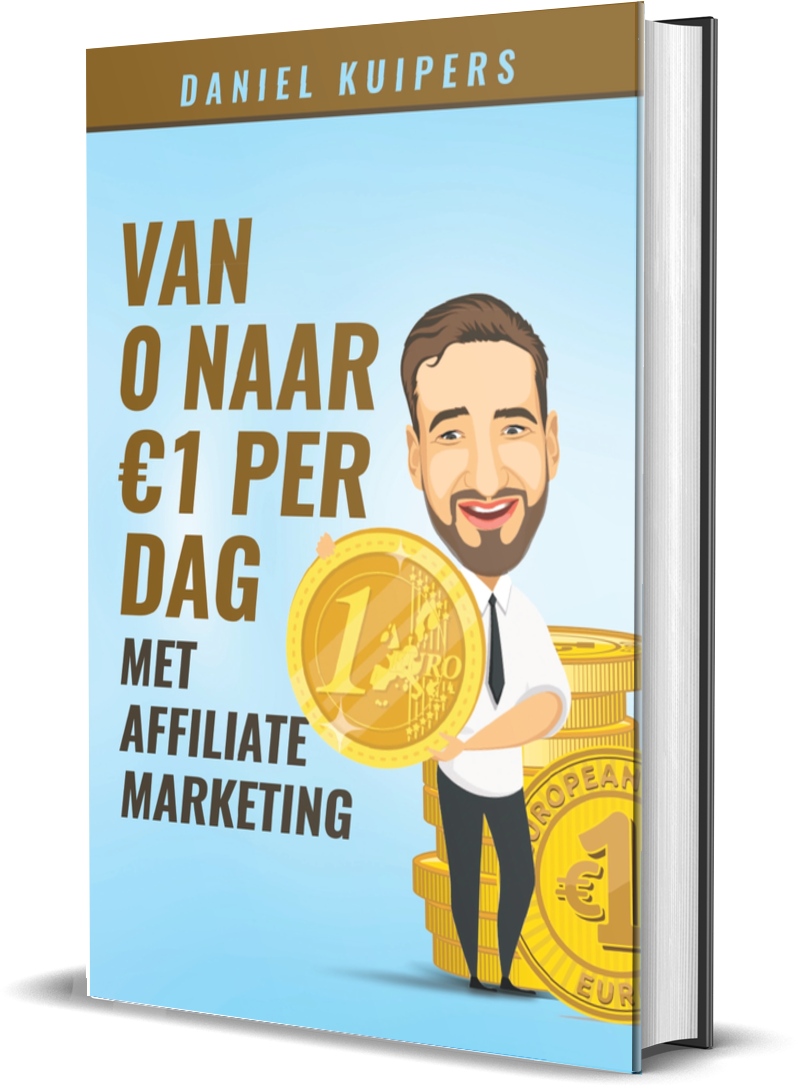

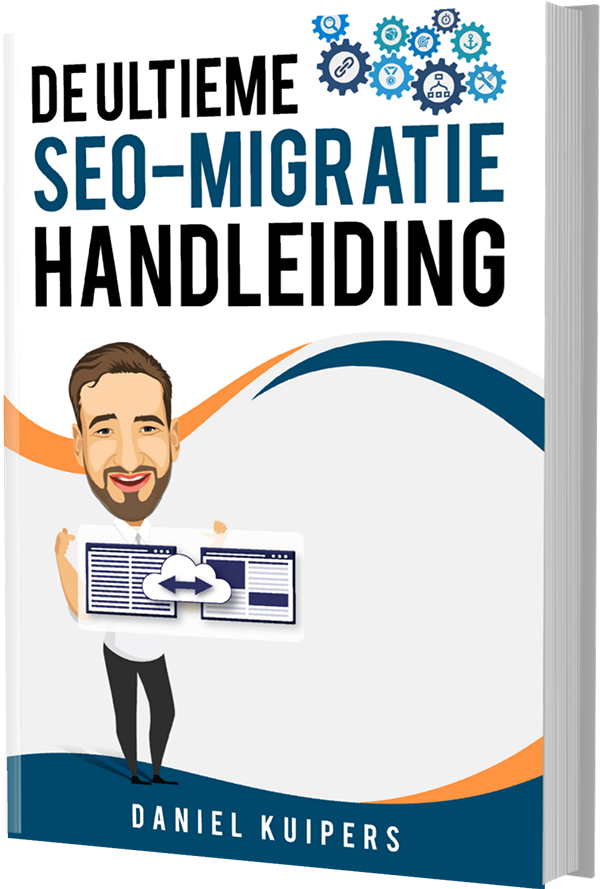
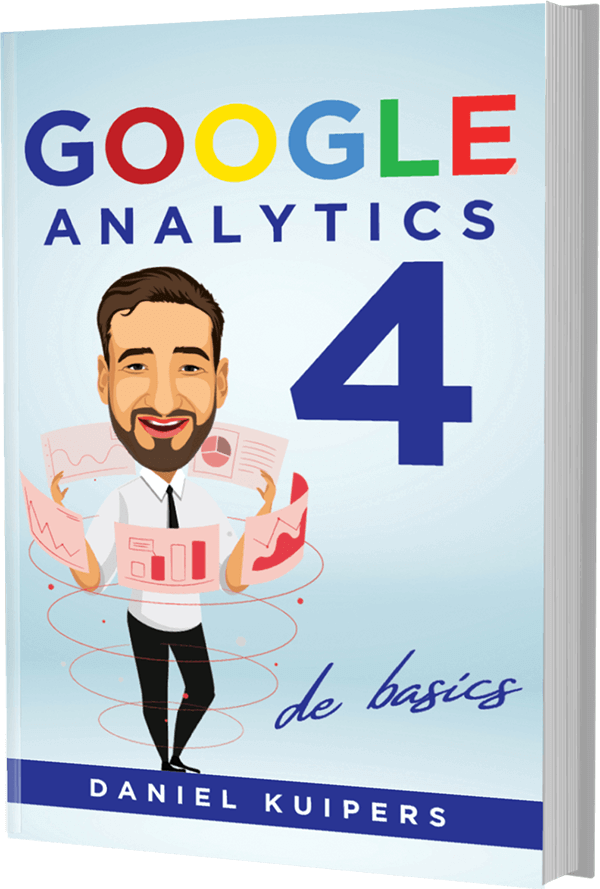
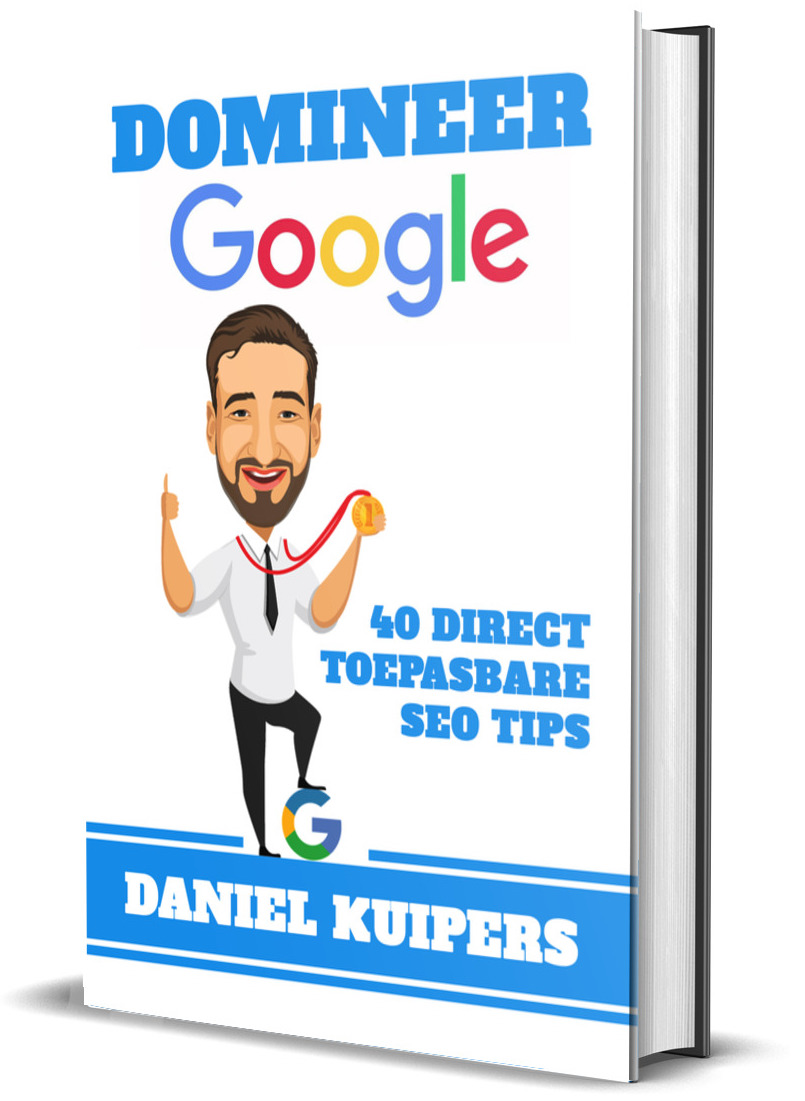
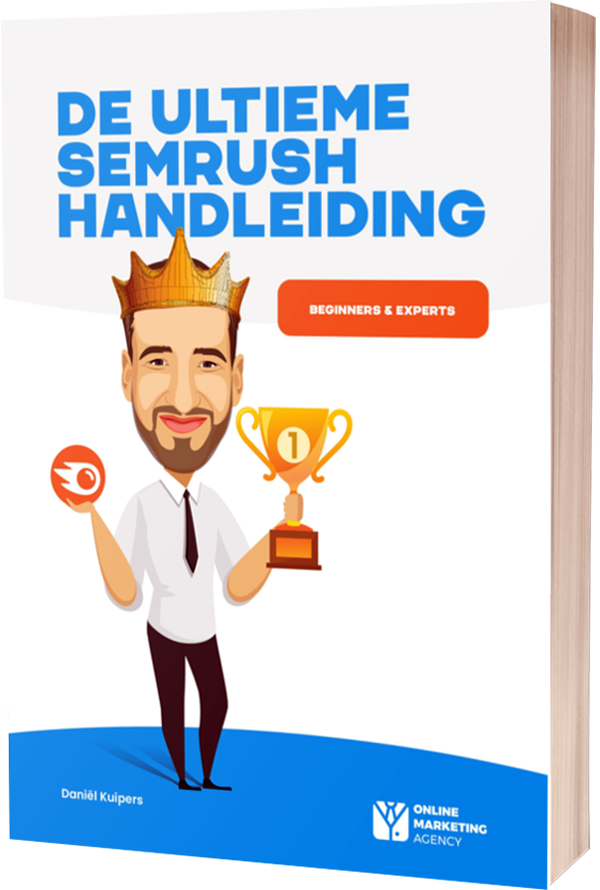

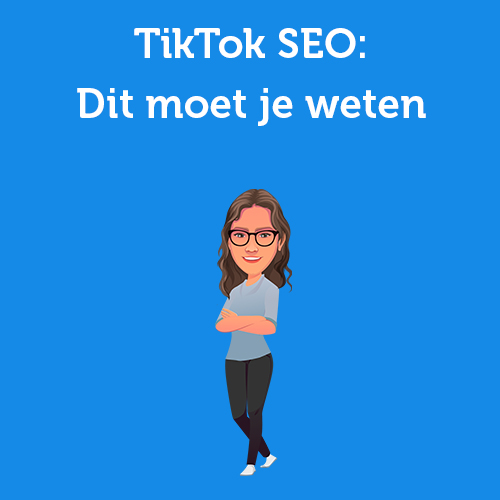
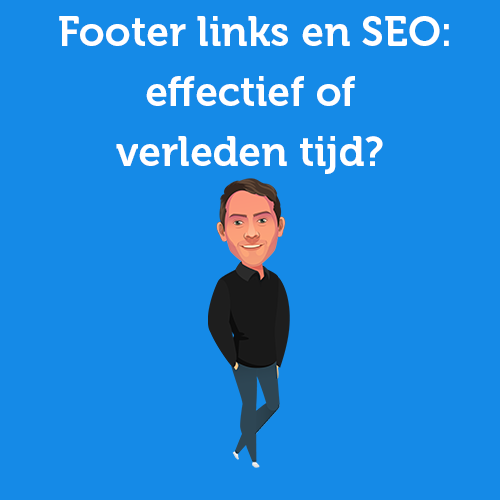
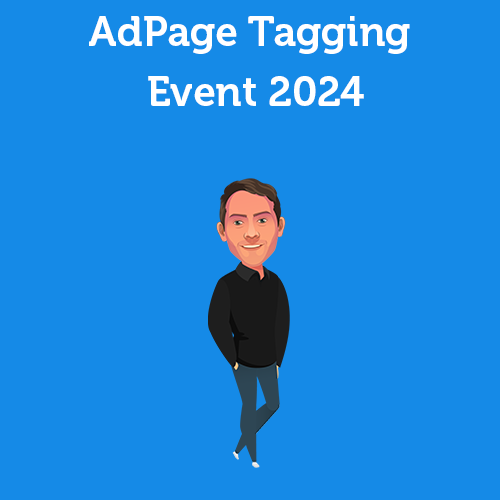
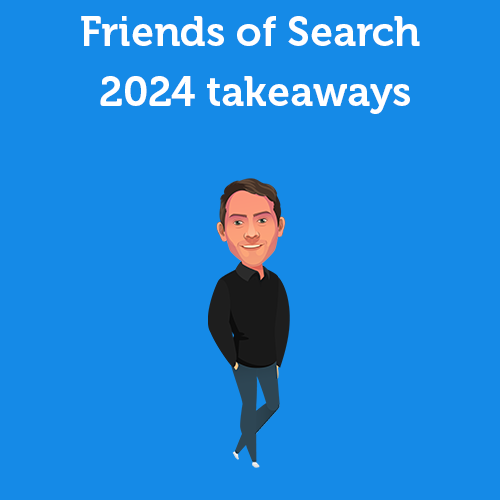
Written by: Daniel Kuipers
Daniel is the founder of Online Marketing Agency. He constantly scours the Internet for the latest gadgets and tactics and blogs about them in understandable language. Well, sometimes.